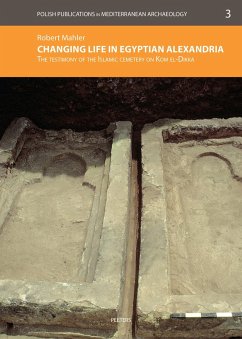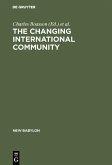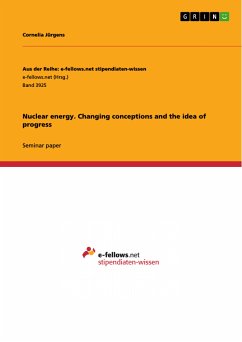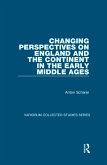The volume is a study of a massive set of funerary data from an important site in a city in Egypt, Alexandria, that remains comparatively little known archaeologically for the Islamic period. More than 60 years of research at the cemetery on Kom el-Dikka, carried out by a couple of generations of Polish researchers, have resulted in the exploration of up to 1000 graves, yielding more than 2500 skeletons for anthropological examination. The bioarchaeological data have been analyzed comprehensively in search of evidence for the quality of life in Alexandria between the 9th and 12th centuries. The changing living conditions of the local population, observed over some 400 years, are discussed in the context of historical and archaeological evidence, supplying a useful frame for putting into perspective the results, minor and major, of the osteological study. The author also addresses the controversial issue of the phasing of the cemetery, delivering a conclusive argument for distinguishing just two phases of burial at Kom el-Dikka in the Islamic period.
Dieser Download kann aus rechtlichen Gründen nur mit Rechnungsadresse in A, B, BG, CY, CZ, D, DK, EW, E, FIN, F, GR, HR, H, IRL, I, LT, L, LR, M, NL, PL, P, R, S, SLO, SK ausgeliefert werden.









